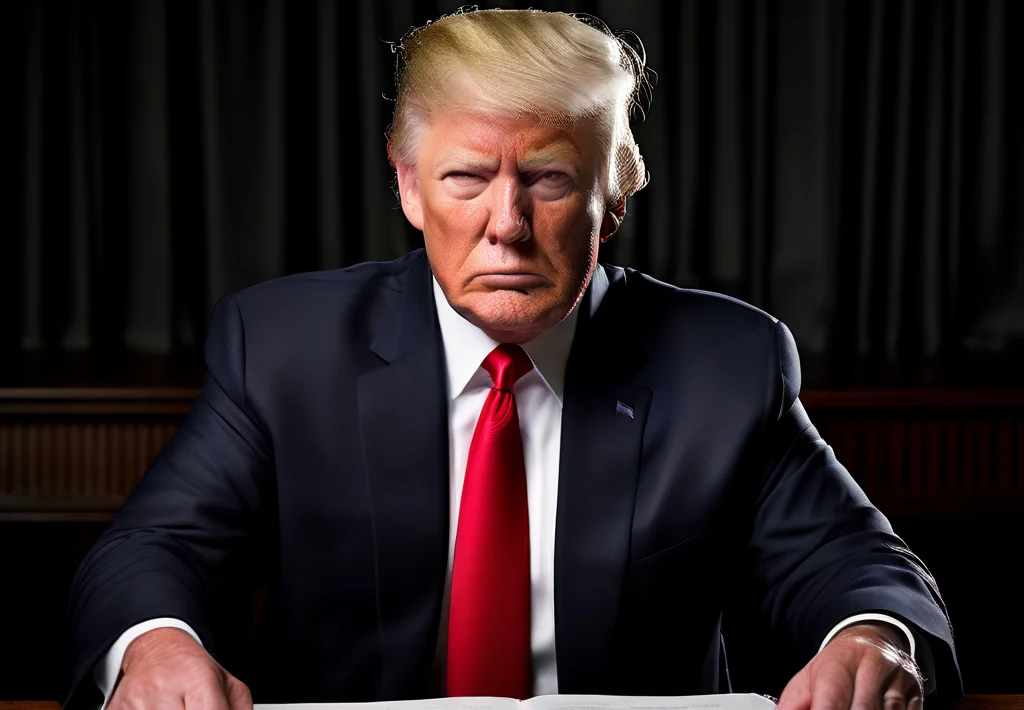The dismissal of the classified documents case against former President Donald Trump by U.S. District Judge Aileen Cannon has sent shockwaves through the legal and political landscape. This unexpected ruling, which came on Monday, July 15, 2024, has effectively halted one of the most significant legal challenges facing the former president.
Special Counsel Jack Smith, who was appointed by Attorney General Merrick Garland to oversee the investigation, has announced his intention to appeal the decision, setting the stage for a protracted legal battle that could potentially reach the Supreme Court.
The Ruling and Its Implications
Judge Cannon’s 93-page ruling centered on the constitutionality of Jack Smith’s appointment as Special Counsel. She argued that Smith’s appointment violated the Appointments Clause of the United States Constitution, effectively usurping Congress’s authority to assess the legitimacy of delegating appointment powers for subordinate officials.
This decision dismisses all 40 criminal counts against Trump related to his alleged mishandling of classified information and obstruction of government efforts to recover these documents from his Mar-a-Lago residence.
The ruling has been met with mixed reactions from legal experts and political commentators. Supporters of the decision, including some conservative legal scholars, have praised Judge Cannon’s interpretation of the Constitution’s separation of powers. John G. Malcolm, Vice President of the Institute for Constitutional Government at the Heritage Foundation, described the opinion as “a serious and thorough analysis of important constitutional issues involving separation of powers”.
Critics, however, argue that the ruling contradicts decades of legal precedent dating back to the Watergate era, which has generally upheld the constitutionality of special counsel appointments. They contend that this decision could have far-reaching implications for the ability of the Justice Department to investigate and prosecute high-profile cases involving political figures.
The Appeal Process and Potential Outcomes
In response to the ruling, Peter Carr, a spokesperson for Smith’s office, stated that the Justice Department disagrees with the court’s decision and has been granted authorization to challenge the directive. The appeal process will initially involve a review by a panel of three judges at the 11th U.S. Circuit Court of Appeals.Legal experts have noted that Judge Cannon’s ruling, which would effectively invalidate the appointment of any special counsel, is unlikely to receive majority support in the Supreme Court.
However, the possibility of the case reaching the nation’s highest court has raised questions about how the conservative majority might rule on this constitutional issue.
Justice Clarence Thomas’s recent opinion questioning the lawful appointment of special counsel Jack Smith has added another layer of complexity to the situation. Thomas’s perspective, which aligns with Judge Cannon’s ruling, could potentially influence future deliberations if the case reaches the Supreme Court.
Broader Implications for Trump’s Legal Challenges
This dismissal marks the first instance where one of Trump’s criminal indictments has been thrown out. While it represents a significant legal victory for the former president, some legal analysts suggest that this dismissal could ultimately backfire. There is speculation that the case could potentially be reassigned to a different judge where Trump might face a less favorable outcome on the merits of the case.
The ruling does not directly impact other cases against Trump, including the election interference case also overseen by Special Counsel Smith, the Georgia election interference case, or the New York hush money case. However, Trump’s legal team may attempt to use similar arguments in these other proceedings, potentially complicating the prosecution’s efforts.
Constitutional Debate and Political Ramifications
The dismissal has reignited debates about the role of special counsels in the U.S. justice system and the limits of executive branch authority. Critics of the ruling argue that it could undermine the ability to investigate potential wrongdoing by high-ranking officials, while supporters contend that it reinforces important constitutional checks and balances.
Hans von Spakovsky, a Senior Legal Fellow at the Heritage Foundation, praised Judge Cannon for “upholding the rule of law and the Constitution in a very difficult case and in the face of unfair, politically charged criticism”. This sentiment reflects the polarized nature of the debate surrounding the case and its broader implications for American democracy.
Looking Ahead
As the legal battle continues, the outcome of this appeal could have significant implications for the ongoing legal proceedings against Trump and the broader interpretation of the Special Counsel’s role in the U.S. justice system. The case has become a focal point of national attention, intersecting issues of constitutional law, political power, and the limits of executive authority.
The dismissal comes at a crucial time for Trump, coinciding with the opening of the National Convention where he is expected to secure the Republican presidential nomination. This development could potentially bolster his political narrative and influence public perception as the 2024 election approaches.
As the appeal process unfolds, legal scholars, political analysts, and the American public will be closely watching to see how higher courts interpret the constitutional questions raised by Judge Cannon’s ruling. The resolution of this case could have lasting impacts on the balance of power between the executive and legislative branches, as well as the future of special counsel investigations in the United States.
